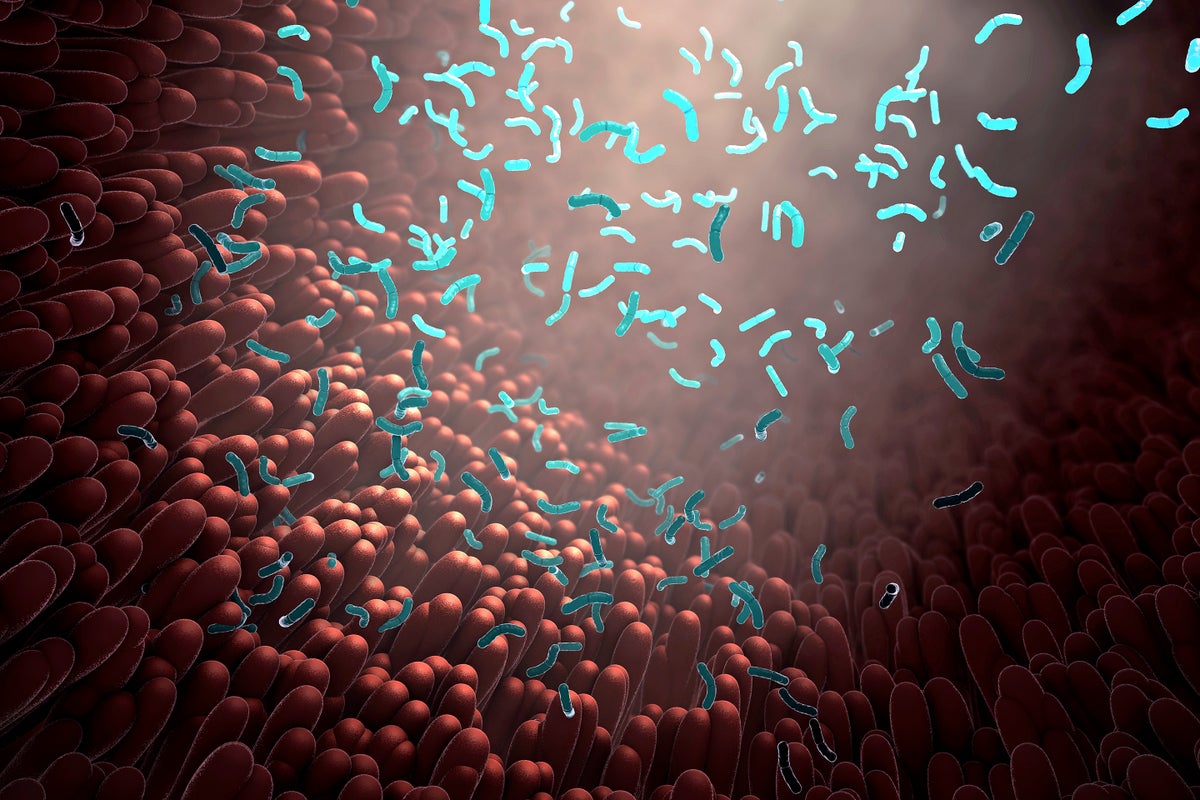Now Reading: Human Gut Bacteria Found to Absorb PFAS ‘Forever Chemicals
-
01
Human Gut Bacteria Found to Absorb PFAS ‘Forever Chemicals
Human Gut Bacteria Found to Absorb PFAS ‘Forever Chemicals

Swift Summary
- PFAS Overview: Toxic chemicals called PFAS (“forever chemicals”) are found in various consumer items and have been linked to serious health issues, including cancer, thyroid disease, and weakened immunity. These substances persist for hundreds of years in the environment.
- Research findings: A study published in Nature Microbiology identifies bacteria from the human gut microbiome capable of accumulating PFAS.
– In laboratory tests,nine bacterial strains absorbed 25-74% of exposed PFAS within 24 hours.
– Imaging techniques confirmed PFAS molecules penetrating inside these bacteria, not just binding to their membranes.
- Animal Testing: Mice colonized with human gut bacteria showed higher fecal excretion of toxic chemicals compared to mice without a microbiome, indicating potential efficacy in larger organisms.
- Human Request Challenges: The team plans future clinical trials on humans using probiotics but acknowledges variability across individual microbiomes which may complicate results. Further studies are required to observe correlations between natural bacterial levels and PFAS reduction.
!acidaccumulatingingut_bacteria.jpg?m=1751579080.926&w=900″>Gut bacteria Accumulating ‘Forever Chemicals’
Image Credit: Peter Northrop/MRC Toxicology Unit
Indian Opinion analysis
The findings raise intriguing possibilities for addressing India’s growing concerns over environmental contamination from industrial pollutants like PFAS-a problem mirrored worldwide. Considering India’s challenges with water quality and waste management systems where “forever chemicals” have likely already infiltrated ecosystems and drinking sources, this research could open doors to both medical interventions and broader policy regulations targeting exposure prevention.While future clinical trials could explore probiotic-based treatments tailored for individual microbiomes-common variations within India due to dietary diversity might pose unique obstacles or opportunities when designing solutions applicable across populations locally.
Given India’s high dependence on nonstick materials and other products perhaps containing PFAS, any effort aimed at reducing systemic absorption through innovations like these could complement upstream measures such as stricter bans or curbing production at industrial levels globally-proposed by experts as the first defense against exposure risks.
Nevertheless, preventive strategies must remain central; addressing contamination at its source remains far more effective than remedial approaches reliant on advanced technologies yet untested or inaccessible for large-scale human use.
Read More here


























